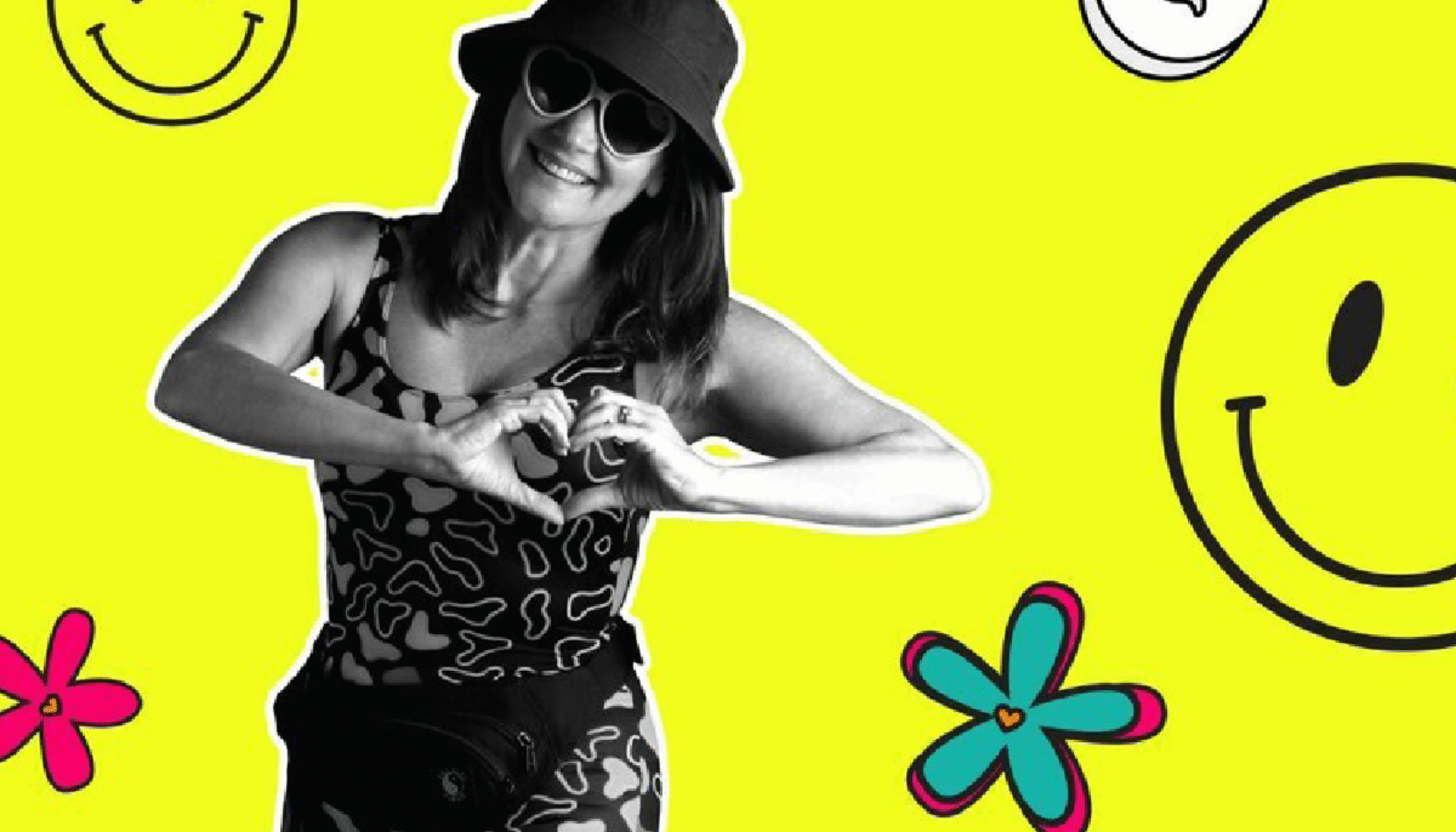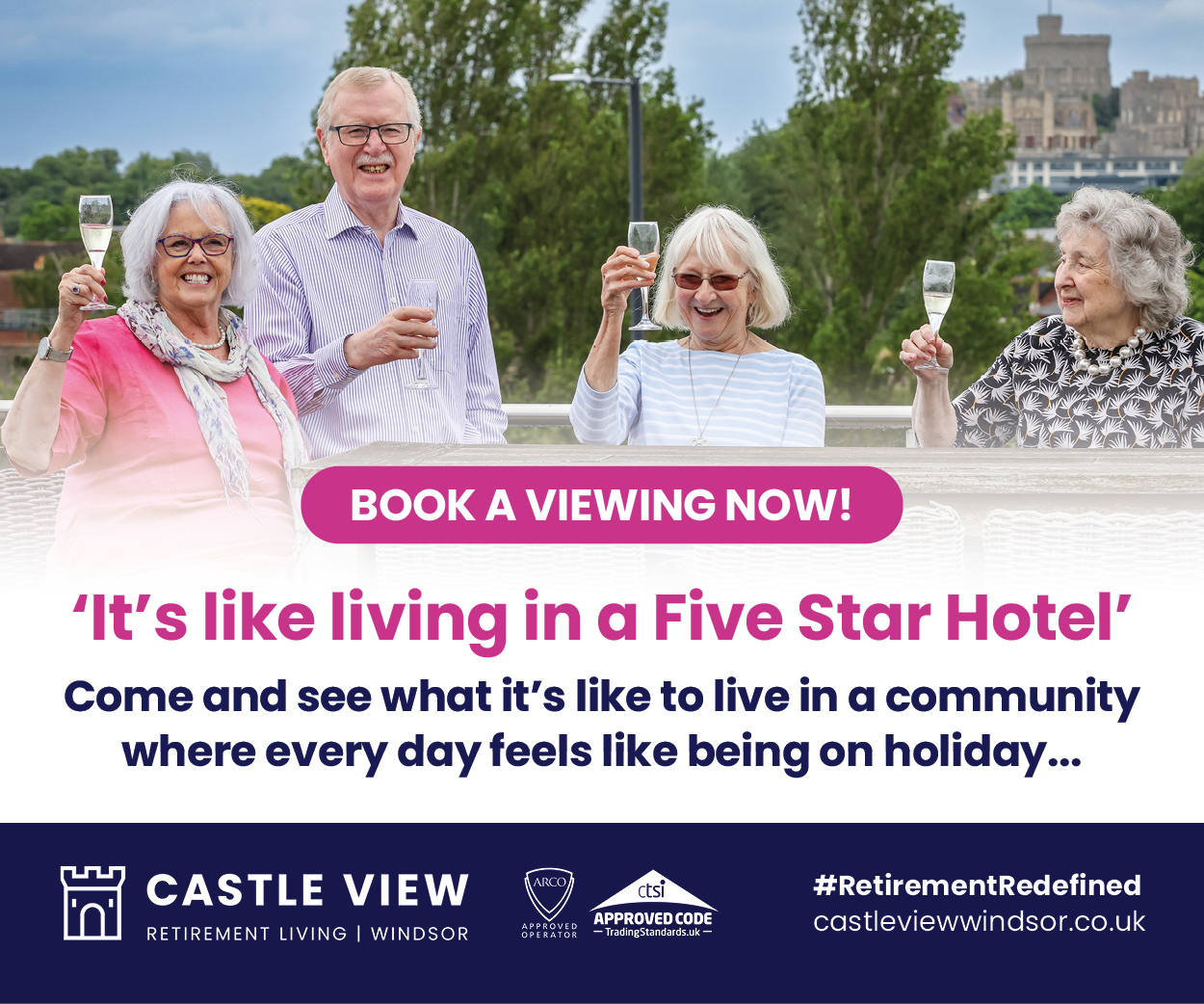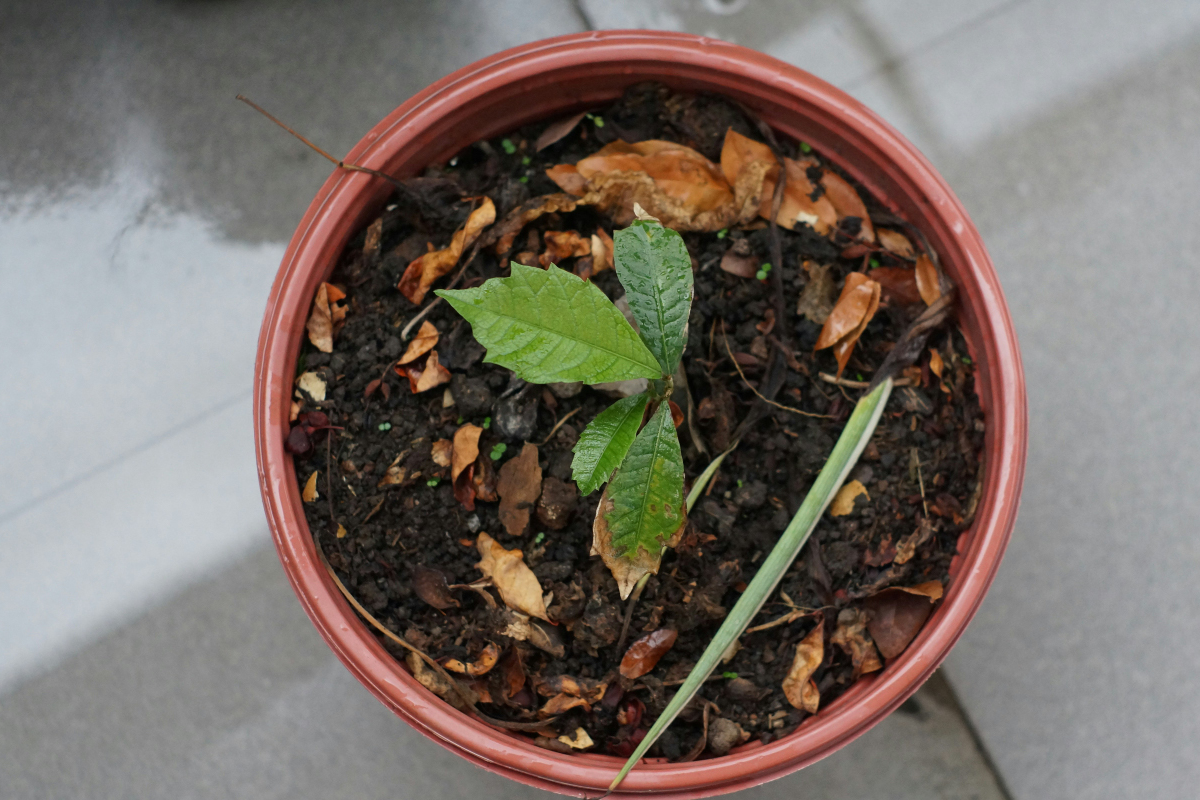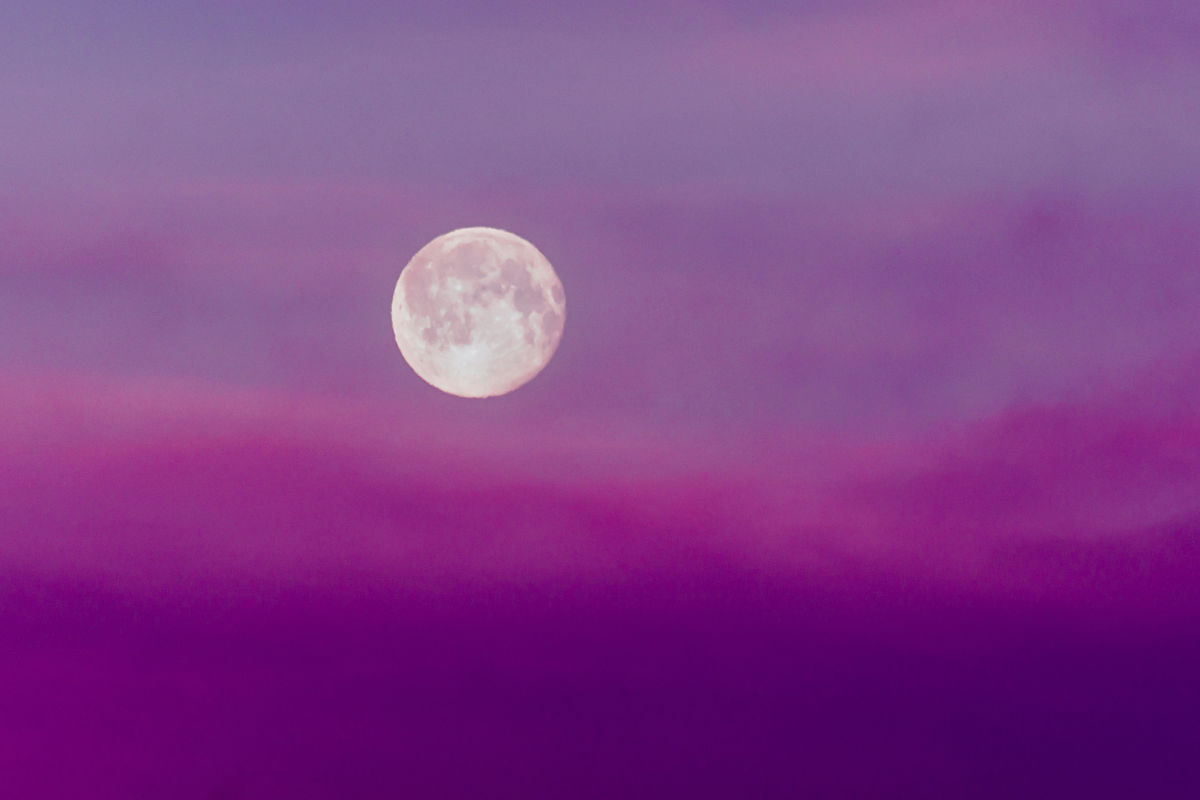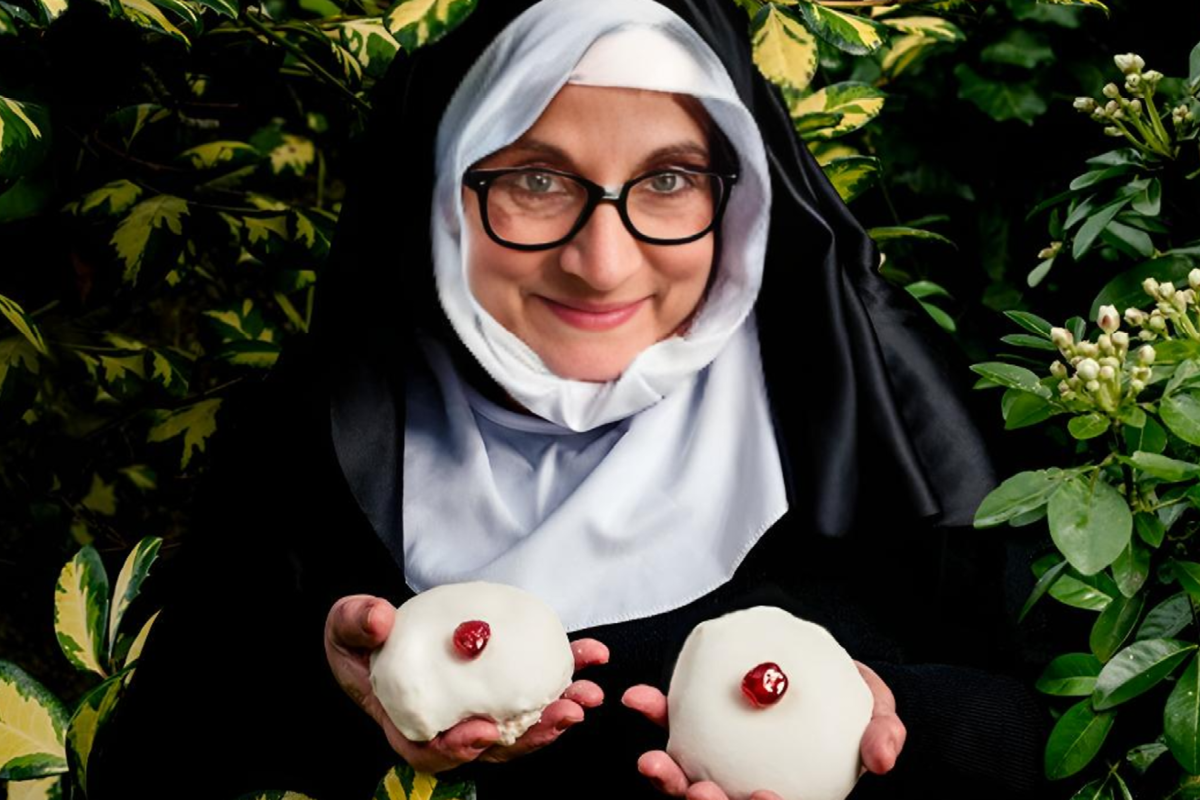SECOND SUMMER OF LOVE
A love letter to a hedonistic youth that lies left in the shadows of a present-day suburban parenthood… Second Summer of Love is a coming-of-age comedy play telling the story of home counties mum Louise and her topsy-turvy trip down memory lane. Once a raver, always a raver? Arriving at Cranleigh Arts this October, we spoke to writer and actor Emmy Happisburgh to find out more…
Originally a one-woman play, your first iteration of the show enjoyed success at the Edinburgh Fringe Festival and your first mini-tour tour enjoyed sell-out performances – has the show changed since then?
We really wanted to tour the three-person version. It has undergone a little bit of dramaturgy, which is Director Scott Le Crass’ speciality. Nothing huge, just mainly the scene between Brian, her long-lost friend, and Louise.
It’s been rearranged, which is all the more moving for it. To play it and to watch it. We’ve emphasised his fragility at the end so I’m hoping it serves as a bit more of a warning about where that path can lead you if you continue recreational drug use into your adult years, in your 30s and 40s, like the character of Brian does. I think it was really important to emphasise that. It’s not to say that my character is not fallible and is not interested in that sort of thing, but she does realise that she’s glad that she did give up that party lifestyle in 1994.
The show’s original premise had foundations of a mini midlife awakening — how has life changed for you since then and how’s your continued adaptation to life as we know it?
I had to get my daughter through her GCSEs and then her A-Levels. I wrote the role for her—well, not for her; I based it on the worst elements of her.
Because she has a better acting CV than me, when she asked me if she could play the role, of course, she was my first choice, and I didn’t really want to take it forward without her. Life has been imitating art, because not only is the character of Molly revising for exams in the play, and there’s also been a lot of revision going on at home. But also my character in the play is married to a headmaster. I haven’t married a headmaster, but we have moved into a house that was originally built for the Headmaster of Cranleigh school, which is the school that the school in the play is based on. It’s been quite serendipitous!
What’s your advice to anybody going through similar motions of ‘to mid-life or to not mid-life?’
I think the message is that when you’re feeling overwhelmed at having to let go of those things of yours, which might be your looks in some ways, or your energy levels, or the fact that you didn’t know who anyone at Glastonbury was this year… At those times of overwhelm, create, don’t consume. Create!
Louise gets these words of wisdom at the end of the play and they’re peppered throughout the play about the fact that she was a singer-songwriter when she was younger. She lost that. You see her start smoking in the rave scenes, going out late, and taking some speed that has stopped her sleeping for 72 hours. And when she finally wakes up, she’s slept through her showcase gig – a great opportunity that she missed as a couple of labels came to scout her. She ends up being a choir mistress in a school that she has never put her heart and soul into.
When she speaks to Brian at the end of the play, he says to her, ‘you’ve got to revisit those songs of yours.’ She has this massive realisation that that’s the potential she didn’t fulfil, and that’s why she’s feeling so not herself at midlife and that she’s going to pursue that again.
It doesn’t mean that she wants to be a pop star or successful recording artist, but it’s about finding her thing again and pursuing that passion. I think all of us at midlife can find our thing again and learn from the character of Louise, and that will bring you happiness – I hope.
The play’s also about community and connectivity. The community and connectivity that we had as Gen X’s, the first generation under the lasers. We used to dance with people and look them in the eye.
Now the kids tend to hold their phones up and they lose the connectivity with each other on the dance floor. The dance floor used to be a melting pot where community was formed. ‘Oh, can i have a sip of your water, please, mate?’ or, ‘have you got a spare cigarette?’ and we’ve lost that.
When she connects with Brian again, that’s rekindled. It’s not about money or success; it’s about friendship, connection, and creativity. I think that’s the way forward, certainly for me at midlife. My friends, my connections, my relationships, and my creativity. I feel very lucky to have my playwriting and my acting; it’s always been there, but now more than ever, I’m glad I chose this vocation.
With fond memories of STERN’s nightclub in Worthing in the bag, which local locations float your boat these days?
Oh my goodness, I really like the Ivy Asia in Guildford. I’m yet to try Joanna’s Tea Room in Cranleigh but that looks super.
I really, really like the Drummond Arms in Albury and also Canopy Coffee shop next to Waitrose in Guildford – they do a really good Matcha aswell!
Local to Surrey and appearing at CRANLEIGH ARTS this OCTOBER, what are your recommendations for summer in Surrey – besides coming to see the show, of course!
Well, if you’ve got littlies, Alice Holt is always a good shout and probably Frensham Ponds. I’ve got teenagers, so they tend to head to Thorpe Park or Chessington.



